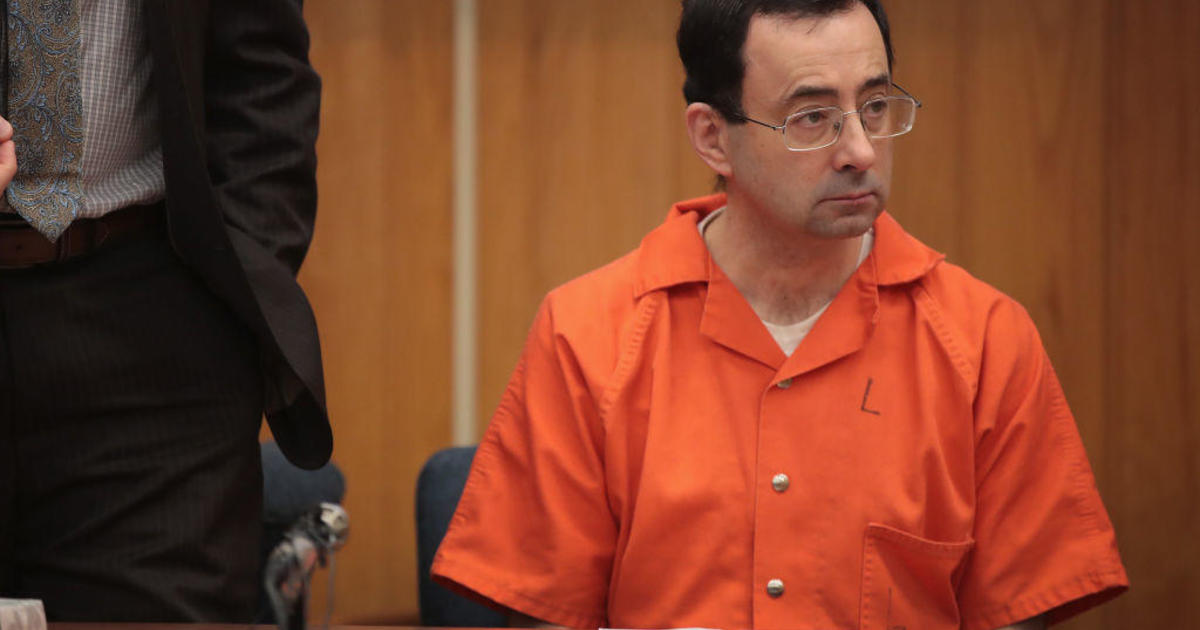What is the statute of limitations on potential charges against Trump?
One of the more eye-opening aspects of former special counsel Robert Mueller's testimony on Russian meddling in the 2016 election was Mueller's indication that President Trump could face charges once he leaves office. Mueller testified several times during questioning Wednesday that Mr. Trump could theoretically be charged once he returns to life as a private citizen, though current Justice Department guidelines say a sitting president can't be indicted.
At one point Wednesday, House Judiciary Chairman Jerry Nadler asked Mueller: "Under Department of Justice policy, the president could be prosecuted for obstruction of justice crimes after he leaves office — is this correct?"
"True," Mueller answered.
In his report, Mueller didn't make a determination as to whether the president committed a crime. Attorney General William Barr and his deputy Rod Rosenstein subsequently concluded the evidence of obstruction would be insufficient to warrant charges.
If a Democrat wins the White House in 2020, a new president and attorney general might disagree. But any potential prosecution would run up against the statute of limitations for federal obstruction charges, and Mr. Trump would likely be in the clear if he wins reelection.
What is the statute of limitations for obstruction of justice?
Federal obstruction of justice crimes carry a statute of limitations of five years, meaning the government has five years from the time of the crime to prosecute someone. There are exceptions and Congress could theoretically extend the time limit, but generally, if the government doesn't bring charges within five years, an offender is safe from prosecution.
Mueller was asked about the statute of limitations on Wednesday. Democratic Rep. Mike Quigley of Illinois asked: "What if a president serves beyond the statute of limitations? ... Would it not indicate, if the statute of limitations on crimes such as this are five years, that a president who serves a second term is therefore, under the policy, above the law?"
Mueller demurred, saying he wasn't sure he would "agree with the conclusion." Quigley replied that "we need to consider that, and that the other alternatives are all that we have," presumably a reference to impeachment.
CBS News legal analyst Kim Wehle said the chances of Mr. Trump being charged with a crime goes down dramatically if he's reelected in 2020.
"If we're talking about obstruction of justice that took place in his first term in office, we'd add another four years to that. By the time eight years are over, he would have escaped the statute of limitations," Wele told CBSN on Thursday.
Wehle, who was involved in the Whitewater investigation of President Bill Clinton, added, "There's nothing in the OLC memorandum that indicates there would be what we call a 'tolling' of it, that is, a freezing of the statute of limitations for the president of the United States."
What if Trump loses the election in 2020?
Mr. Trump could potentially face a similar fate many of his former associates, including former campaign manager Paul Manafort, who also faced obstruction charges during Mueller's probe. According to Wehle, President Trump could be indicted by a federal grand jury, or a future administration might decline to pursue charges altogether.
"Of course, a subsequent president could decide as a matter of policy not to charge Mr. Trump, just like the Justice Department decides every day whether to bring certain cases against certain people and not against other people," said Wehle. "That's a political determination, but there's nothing in the law as it stands today that would necessarily make a president liable beyond the statute of limitations for crimes that occur in office," she added.
In theory, a new president could also pardon Mr. Trump, just as President Gerald Ford did for President Richard Nixon.
While Mueller's probe is technically closed, the question of whether a Democratic president would pursue charges adds another wrinkle to the 2020 election, and raises the stakes for the president's reelection effort.


